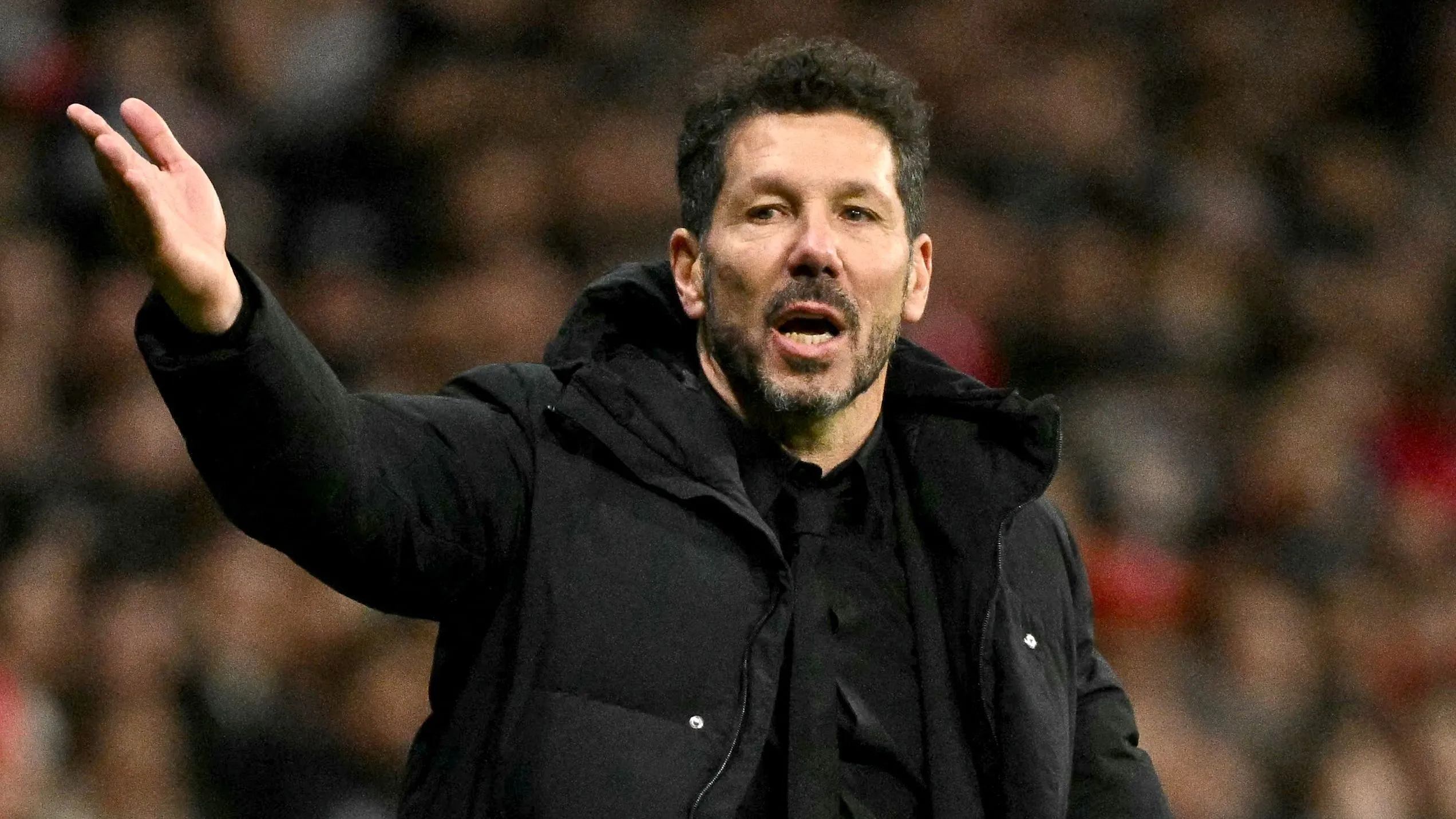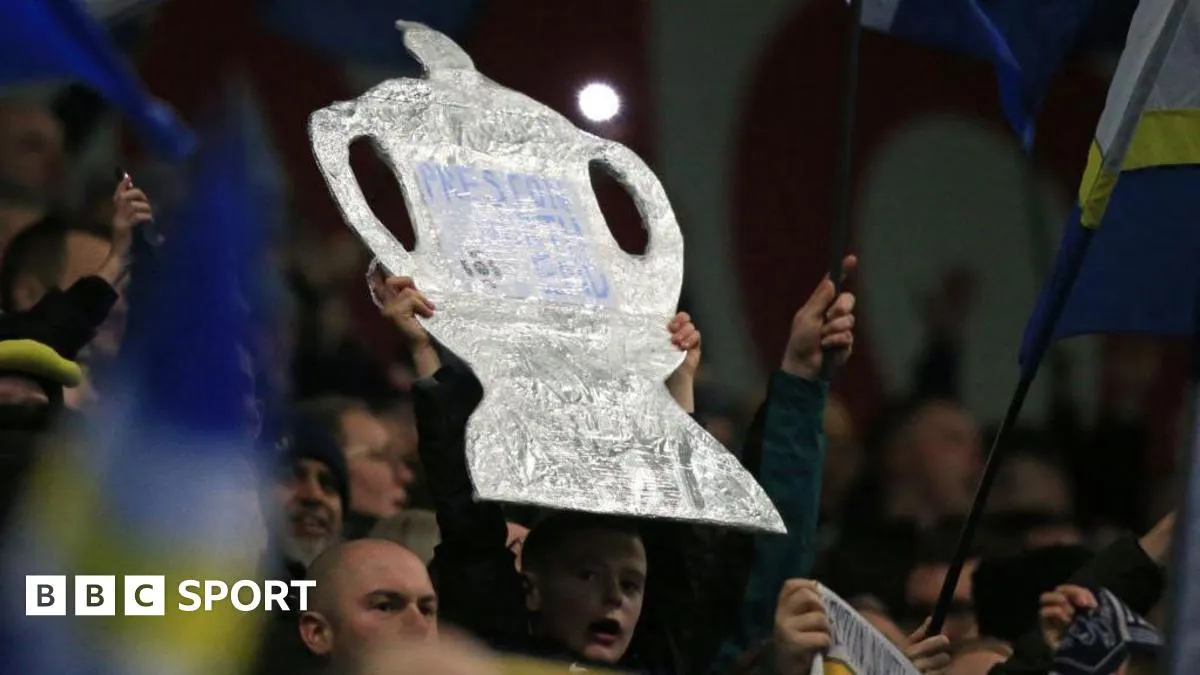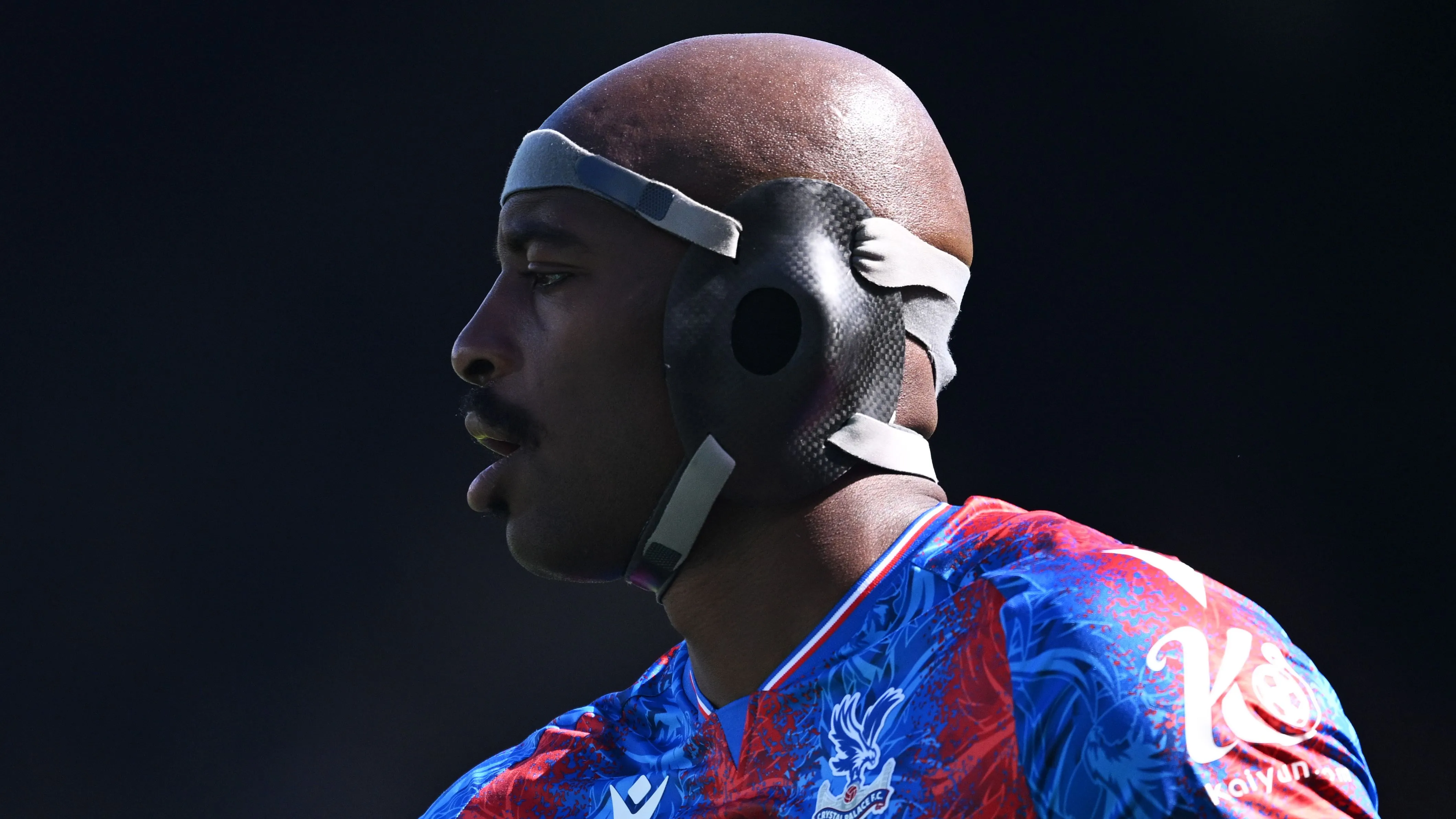
Premier League clubs have found an unexpected solution to their financial compliance challenges - but it comes with a concerning twist. The league's Profit and Sustainability Rules (PSR) are inadvertently pushing teams to treat young academy talents as financial assets, raising questions about the long-term implications for player development.
Football finance expert Kieran Maguire highlights a troubling trend: "Clubs were treating young men as commodities to dig them out of the financial mess." This observation comes as several Premier League clubs scrambled to avoid PSR charges through the strategic sale of homegrown players, who generate "pure profit" in accounting terms.
The impact of this approach is evident across multiple clubs. Newcastle United, under pressure to meet PSR requirements, reluctantly sold academy graduates Elliot Anderson and Yankuba Minteh for over £60 million combined. Aston Villa, facing similar constraints after reporting a £119 million loss, transferred youngsters Tim Iroegbunam to Everton for £9 million and Omari Kellyman to Chelsea for £19 million.
Chelsea's situation particularly illustrates the complexity of modern football finances. Despite a world record £1.5 billion spending spree over five transfer windows, the club has managed to stay compliant through various means, including the strategic trading of academy products like Conor Gallagher and Ian Maatsen.
The irony of the situation hasn't escaped notice. Aston Villa's co-owner Nassef Sawiris argues that the current rules are "not good for football" and actually cement the status quo rather than promoting upward mobility. This criticism gains weight as clubs increasingly view their youth academies not just as talent pools but as potential financial escape routes.
Looking ahead, the introduction of new spending cap rules in 2025-26 may not address this issue. Maguire suggests that clubs will continue "focusing on the exit door" on a "year-to-year basis," with the "ability to monetize fringe players, academy players and so on" remaining crucial for financial compliance.
Newcastle manager Eddie Howe's recent comments reflect the ongoing impact of these regulations: "PSR continues to affect our decision-making, whether that is a contract renewal - or whatever the situation regarding our squad - we have to think long and hard about making a decision."
This situation presents a paradox: while PSR rules were designed to promote financial sustainability in football, they may be inadvertently encouraging short-term thinking and potentially compromising the development pathway for young talents. As clubs continue to navigate these financial regulations, the balance between nurturing talent and maintaining financial compliance remains a significant challenge for English football's future.










